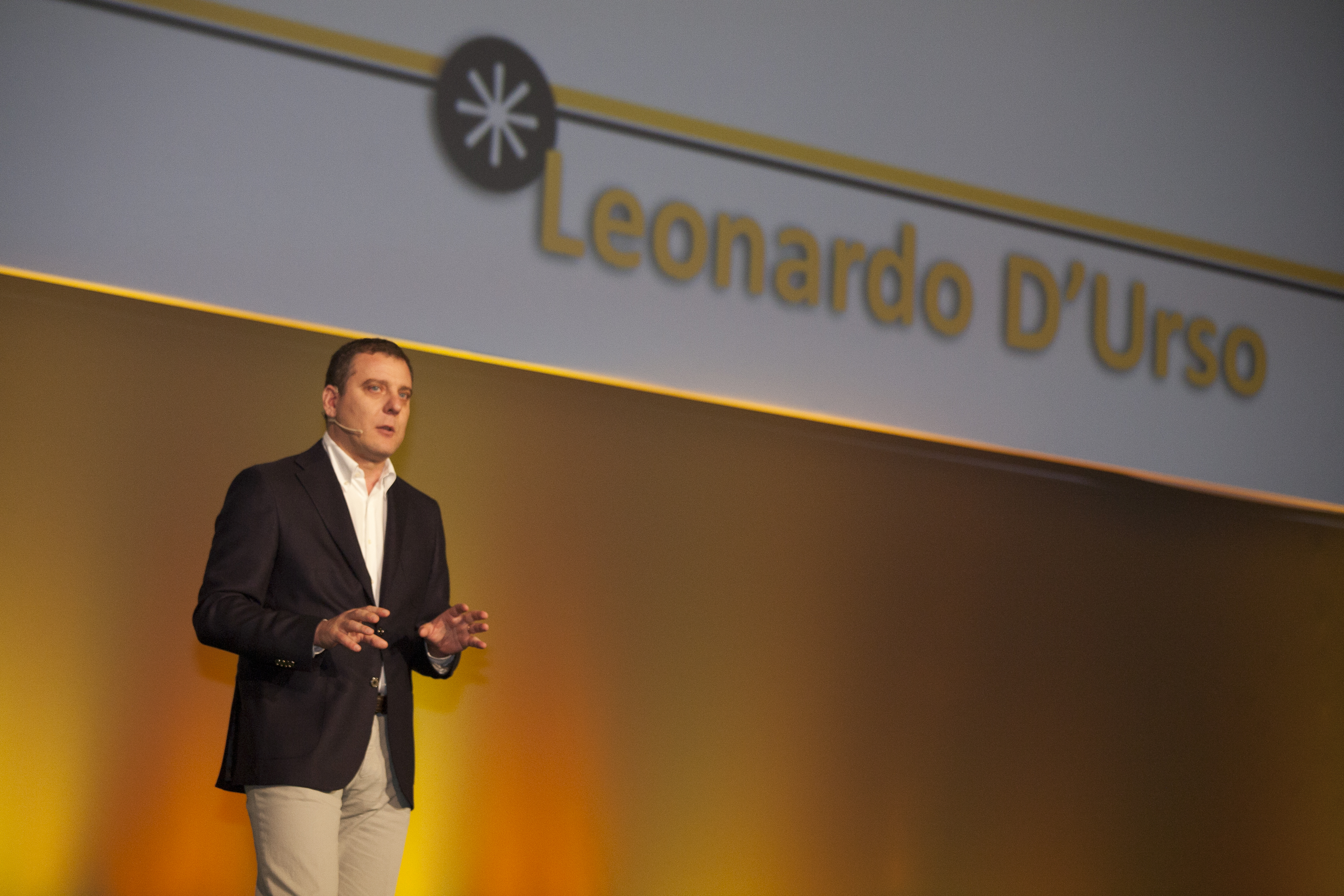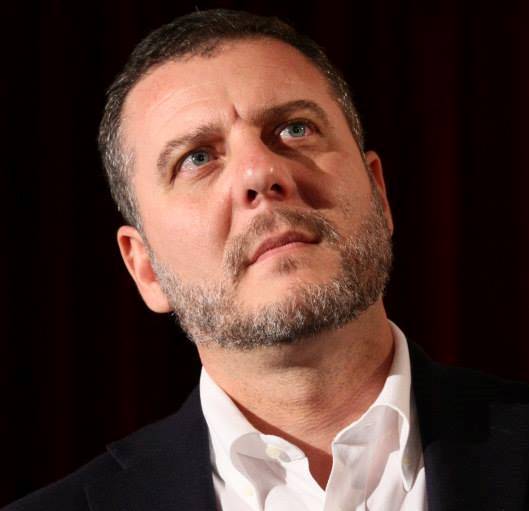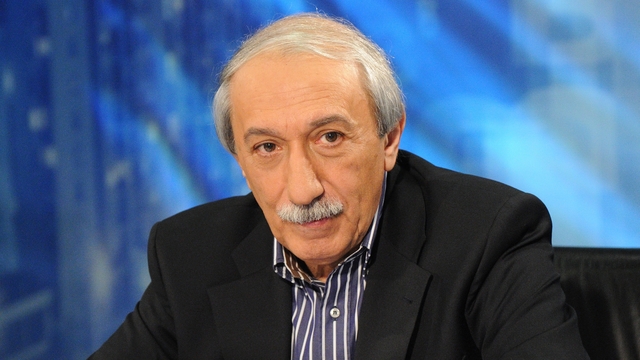
I have wished for quite some time that this conversation about diplomacy in general and negotiations in particular would have taken alce indeed. It has been that way because we do inhabit a chaotic world wherein abundancy of information creates illusory zero gravity. In parallel, we all are expected to agree between each other on thousands of crucial doits that bring to changes in our lives. Changes on their turn bring to changes in ourselves. Inertia in a process like this may take away many of its options to bring to meaningful and constructive change. Hence, it is important that we understand the revoutionary capacity of diplomacy and one of the core features which we often associate with it excursively: tactfulness.
The first human who hurled an insult instead of a stone was the founder of civilization, states Sigmund Freud. I.e. awareness of aggression as a low quality subtitute to communication entrusts the civilization opportunity to human being to aim at the common human goods in corect competition with correct means. This is to find man postponing the stone – or even not to reach after the stone at all.
We talked with Mr. D’Urso about some of the mechanismsapplied in this art.
Mr. D’Urso, could you introduce yourself to your Bulgarian readers, please?
I am a full time, professional negotiator and mediator. As a negotiator I usually assist companies in maximizing the outcome of a single negotiation – by coaching their team – or improving the negotiation culture of the company with a series of trainings. As a mediator I am called in as a third neutral to facilitate the resolution of complex business disputes outside of the court. I am CEO and co-founder of ADR Center a leading dispute resolution provider.
You are one of the few experts certified to train others under Dr. Cialdini’s methodology. His famous Six Principles of Influence underline our subordination to the persuasive role of authority, of social assessment and deficits. Tell us how and where are they still applicable in interpersonal communication today?
As a professional negotiator, I learned that we negotiate not only with people but above all with their decison-making process. Thus, it is essential to understand how people make a decision and how the principles of persuasion work. Today, we are overloaded with information and many studies have proven that people rely on those with superior knowledge or wisdom for guidance on how to behave. However, the most effective authority is the credible authority: expertise and trustworthiness. Even acknowledged experts won’t be persuasive unless they are viewed as trustworthy.
A couple of types of arguments are at place in the course of arguing: for example personal attacks (“ad personam”) and targeting the opponent with their own argument („ad hominem tu quoque”). What selection of arguments could be involved by one side in its preparation prior to important negotiations, when this side hopes to sustain the fair play to completion?
One key element in negotiation is preparation and knowing your counterparty. In case, you meet him or her for the first time, it is advisable to spend some time talking and listening before entering into the negotitation. My suggestion usaully is to not fall in the trap of arguing and replying to personal attacks. When stuck in an argument, a good tactic is to change the subject of the discussion, change negotiators or to take a break.
Samuel Huntington says that in cases when civilizations lack core states, discipline and negotiations are two much tougher tasks to accomplish. These difficulties probably become more intense in the light of the fault line conflicts. How up-to-date and workable are the tools of negotiations as far as some of Europe’s neuralgic points are concerned (such as Ukraine vs. pro Russian separatists today)?
A skilled negotiator can recognize well in advance when there are negotiation barriers that can prevent an agreement and a neutral mediator could help both parties. These barriers could be on difficult communication, lack of trust, difference of cultures, conflict and so on. In this particular case I would higly suggest the involvment of a mediator that both parties can trust.
In reference to the specification of neuralgic points above, we will mention that Greek PM L. Tsipras was quoted as having considered his meeting with German canceller Angela Merkel in Berlin as “a chance for talks, free of tension, no negotiations”. How late is too early for negotiations to be invited into the talk to avoid the impact of peripheral emotions and expectations according to you?
The conflict between Merkel and Tsipras seems to be based on lack of trust and difference in culture. Also in this case, I would suggest the involvement of a mediator. It could be a smart move for all the parties involved.
Worst know- how and values when planning negotiations, are?
Based on my experience, I think that worst know-how is the absence of know-how on negotiation techniques. Too many high value negotiations are managed by professionals that are high expert in the matter of the negotiation (e.g. engineer, lawyers or accountants) but very inexperienced as negotiators. This could be caused of a failure of negotiation or, worse, in closing a sub-optimum deal and leaves a lot of money and opportunities on the negotiation table. In short, a negotiation team needs to be made up of people with various backgrounds and expertise and should be led by an expert in negotiation.
Which is the correct way for us to remain convincing until negotiations are over even if we might have had a linguistic, cultural or ideological gaffe?
Again, preparation is the key. In international negotiations, it is always advisable to hire a local person that helps the team and to avoid cultural clashes.
How could we recognize when the opposite side is authentically interested in a win-win situation as negotiations aftermath, or if they are just playing diplomacy?
You never know if the counter party will play a competitive or cooperative strategy. Negotiations are never fully competitive or cooperative and usually shift from one side to the other. A skilled negotiator can usually recognize the other tactics and play accordingly.
As a matter of tradition we invite our interviewees to share a word about love for speech at the end of the talks. What would be your message? Which should precede speech: war or peace?
I am witness of a lot of disputes that begun due to lack of communication. Disputes are like snow avalanche. They start very small and could be easily stopped. Then increase in size, like disputes, and are much more difficult to stop. Communication is the pillar to prevent conflicts and disputes before, during and after a war.
Maria Todorova
















